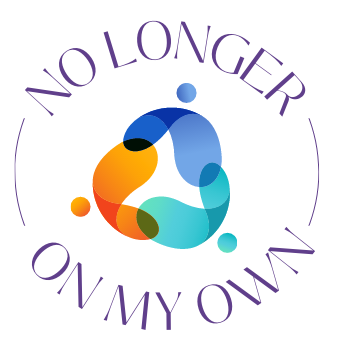Resources for Service Providers Working with Indigenous Peoples
The No Longer on My Own (NOLOMO) project is funded by Women and Gender Equality Canada and the Nova Scotia Advisory Council on the Status of Women.
Manuals, Toolkits, and Training
This Practice Guide provides tools to support working effectively with First Nations, Inuit and Métis families when assessing allegations of maltreatment in the context of family violence
Quebec Native Women Organization’s Toolkit:
This Toolkit is designed to equip workers who work with Indigenous women, girls, two-spirited people and families in abusive situations.
The Aboriginal Approach to Family Violence:
This document outlines the specificity of the Aboriginal approach to family violence as developed by the Native Women’s Shelters Network.
Indigenous Women, Intimate Partner Violence & Housing:
This newsletter provides an overview of the interaction between intimate partner violence and homelessness among Indigenous women.
This Nonviolence Equity Wheel outlines the key values of a non-violent life, including compassion, respect, generosity, mutual sharing, humility, contributing/industriousness, courage, love and being spiritually centered.
This webinar considers ways to recognize how trauma impacts children and offers ways to support healing and resiliency to them in collaboration with their parent. Inter-generational trauma and culturally-based approaches of Native people provide the framework for this webinar.
This webinar provides an overview of the root causes of domestic violence in Indigenous communities. It also explains the dynamics and tactics of IPV from a survivor’s perspective. Highlighted in this webinar is the importance of traditional, cultural practices in strengthening and building our capacity to provide effective, respectful advocacy with our relatives surviving IPV and other forms of domestic violence.
This webinar provides an overview of evidence-based practices for working with Indigenous children exposed to violence.



